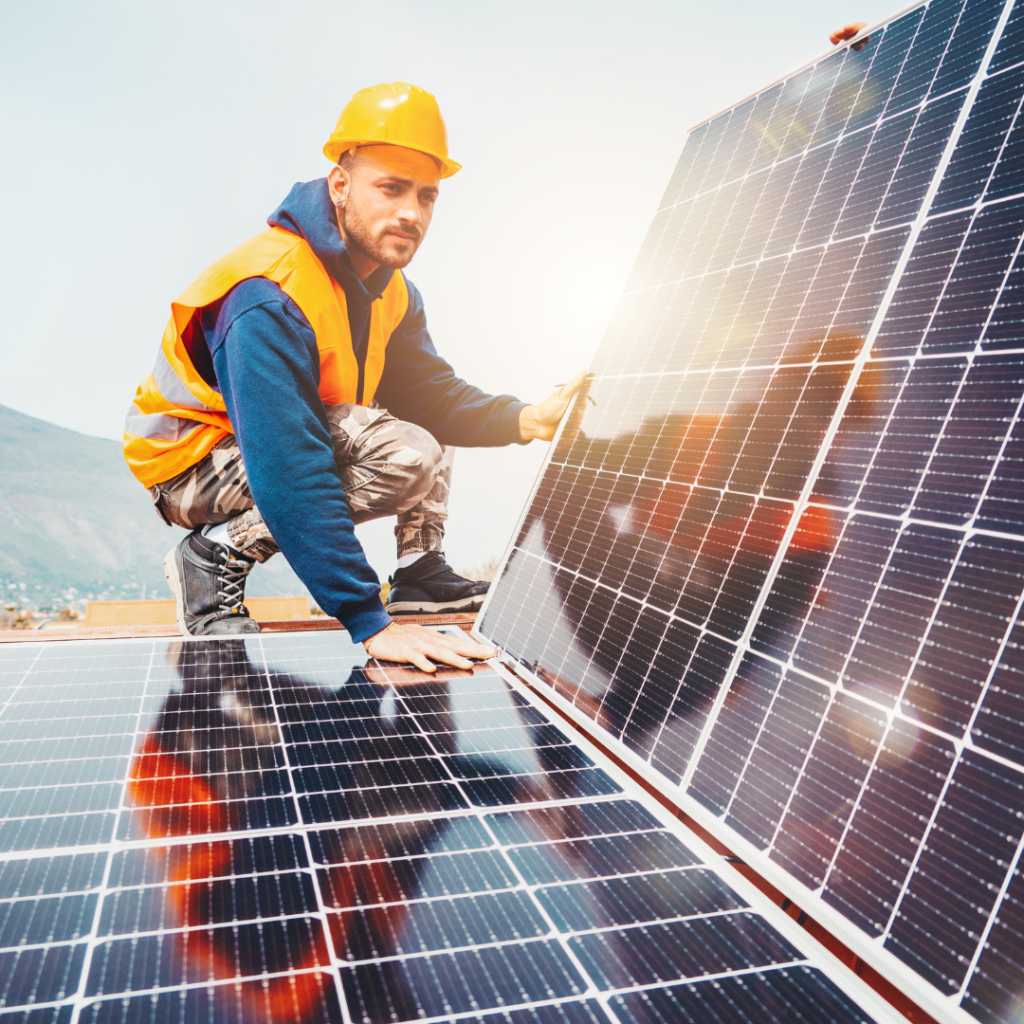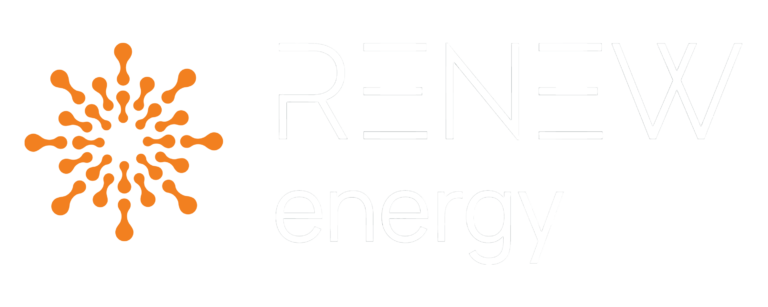Switching to solar energy is a significant and exciting decision for any homeowner or property owner in Norfolk, VA. The prospect of reducing your energy bills, increasing your property’s value, and contributing to a cleaner environment are all compelling reasons to consider solar panel installation. However, before you take the plunge, several essential factors must be considered to ensure you get the most out of your investment. Whether you’re new to the world of solar energy or just looking to gather more information, this guide will help you make an informed decision about solar panel installation in Virginia.
Understanding Your Energy Needs
Before you start researching solar panel installation in Norfolk, VA, it’s crucial to understand your current energy consumption. Review your past electricity bills to determine your average monthly usage. This will help you and your solar provider design a system that meets your energy needs without overestimating or underestimating the size of the system required.
Solar panels come in various sizes and capacities, so knowing your energy usage will allow you to estimate how many panels you’ll need. A well-sized solar system can cover most, if not all, of your energy needs, leading to significant savings on your utility bills.
Evaluating Your Property’s Solar Potential
Not all roofs are created equal when it comes to solar energy production. Several factors determine whether your property is a good candidate for solar panel installation:
Roof Orientation: In the Northern Hemisphere, south-facing roofs generally receive the most sunlight, making them ideal for solar panels. However, east- or west-facing roofs can also work, though they may produce slightly less energy.
Roof Angle: The angle of your roof plays a role in how much sunlight your panels can capture. Most solar installers in Virginia can work with various roof angles, but a roof with a 30-40-degree pitch is typically considered ideal.
Shading: Trees, buildings, or other obstructions that cast shadows on your roof can reduce the effectiveness of your solar panels. Evaluating the amount of shading throughout the day and considering whether tree trimming or other modifications are necessary to maximize sunlight exposure is important.
Roof Condition: If your roof is old or needs repair, it’s wise to address these issues before installing solar panels. Solar panels have a lifespan of 25 years or more, so you’ll want your roof to be in good shape to support them for the long haul.
Researching Solar Panel Installation Companies
Choosing the right company for your solar panel installation in Norfolk, VA, is critical to the success of your solar project. Look for a company with a solid reputation, positive customer reviews, and experience in the Norfolk area. Local companies often better understand the local climate, regulations, and utility policies, which can be beneficial.
When researching solar installation companies, consider the following:
Certifications and Licenses: Ensure the company is licensed and certified to perform solar installations in Virginia. The North American Board of Certified Energy Practitioners (NABCEP) certification is a mark of a qualified solar professional.
Warranties: Check what warranties are offered for the equipment and the installation. Reputable companies will offer comprehensive warranties that cover the panels, inverters, and labor for an extended period.
Customer Service: Good customer service is crucial, as you’ll work closely with the company throughout the installation process. Read reviews or ask for references to gauge the company’s customer service quality.
Understanding Solar Incentives in Virginia
One of the biggest advantages of going solar in Virginia is the availability of various incentives that can significantly reduce the overall cost of your solar panel installation.
Federal Solar Tax Credit (ITC): Homeowners can claim a 30% federal tax credit on the cost of their solar energy system. This credit applies to the entire cost of the system, including equipment and installation. However, this percentage is set to decrease in the coming years, so acting sooner rather than later can maximize your savings.
Net Metering: Virginia’s net metering program allows homeowners to earn credits for any excess electricity their solar panels generate. These credits can be applied to your future utility bills, reducing energy costs. Understanding the specifics of the net metering policies with your local utility is important to take full advantage of this program.
Local Incentives: Some local utilities and municipalities in Virginia offer additional incentives or rebates for solar installations. Check with your installer to see what local incentives might be available in Norfolk, VA.
Financing Your Solar Installation
While solar panel installation can be a significant upfront investment, there are several financing options available to make it more affordable:
Cash Purchase: If the funds are available, purchasing your solar system outright can provide the highest long-term savings. You’ll own the system and benefit directly from all the energy savings and incentives.
Solar Loans: Many financial institutions offer loans specifically for solar panel installations. These loans allow you to spread the cost of the system over time while still benefiting from energy savings and tax incentives. The reduction in your electricity bills often offsets the loan payments.
Solar Leases and Power Purchase Agreements (PPAs): If you prefer not to own the system, you can enter into a lease or PPA with a solar company. In a lease, you pay a fixed monthly fee to use the solar panels, while in a PPA, you pay for the electricity generated by the panels at a predetermined rate. These options usually have little to no upfront cost but may offer fewer long-term savings than ownership.
Permits and Regulations
Solar panel installation in Virginia, including Norfolk, requires permits and adherence to local regulations. Fortunately, most reputable solar companies handle the permitting process, ensuring your installation complies with all local codes and requirements.
However, it’s a good idea to familiarize yourself with the general process:
Building Permits: Most local governments require a building permit for solar panel installations. This ensures that the installation meets structural and electrical safety standards.
Zoning Regulations: Some areas have zoning regulations that may impact where you can install solar panels, particularly if your property is in a historic district or governed by a homeowners’ association (HOA).
Interconnection Agreement: To connect your solar system to the grid and participate in net metering, you need an interconnection agreement with your utility. Your solar installer will typically handle this on your behalf.
Long-Term Maintenance and Monitoring
Once your solar panels are installed, they require minimal maintenance, but it’s important to know what’s involved in keeping your system running efficiently:
Cleaning: Solar panels generally require low maintenance, but occasional cleaning is necessary to remove dust, dirt, and debris, which can reduce efficiency. In Norfolk’s climate, rain can often take care of most cleaning, but you may need to clean the panels manually during dry periods.
Monitoring: Many solar systems come with monitoring software that allows you to track your system’s performance in real time. This can help you detect issues early and ensure your system is operating at peak efficiency.
Inverter Maintenance: The inverter, which converts the solar panels’ direct current (DC) electricity into alternating current (AC) for your home, may need occasional maintenance or replacement during the system’s lifespan. Ensure you understand the warranty and expected life of your inverter.
The Environmental and Economic Impact
Lastly, it is worth considering the broader impact of your decision to go solar. Beyond the financial benefits, solar energy contributes to a cleaner environment by reducing reliance on fossil fuels. This is particularly important in a coastal city like Norfolk, which faces unique environmental challenges related to climate change, such as rising sea levels and increased storm intensity.
By investing in solar energy, you’re improving your own financial outlook and contributing to the sustainability of your community and the planet. Plus, as more homeowners in Norfolk adopt solar energy, the local economy will benefit from job creation and the growth of the green energy sector.
Conclusion
Installing solar panels in Norfolk, VA, is a decision that offers numerous benefits, from reducing energy bills to increasing property value and contributing to environmental sustainability. However, it’s important to consider various factors before making the switch to ensure you get the most out of your investment.
By understanding your energy needs, evaluating your property’s solar potential, researching local installers, and taking advantage of available incentives, you can make an informed decision that aligns with your financial goals and environmental values.
Whether you’re motivated by the promise of energy savings, a desire for energy independence, or a commitment to sustainability, solar panel installation in Virginia, particularly in Norfolk, offers a smart, forward-thinking investment in your home and the future.








